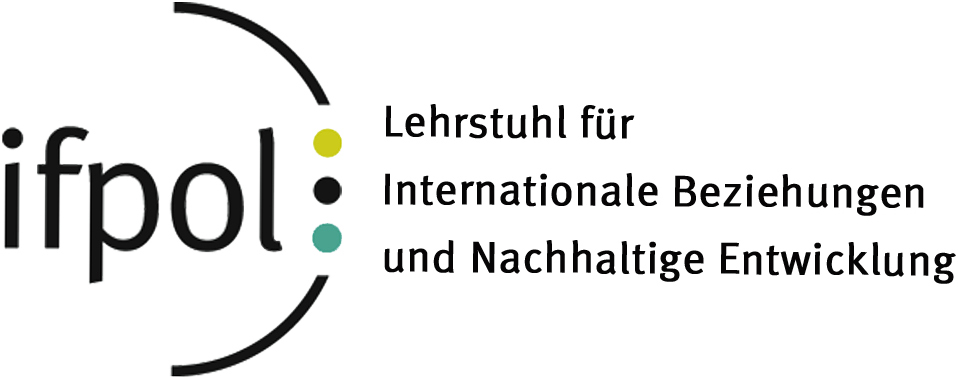

Contact: Judith Maschke
Shipping and handling processes for returned goods in online retailing have a negative impact on the climate and the environment due to CO2 emissions from additional transport routes and resource consumption from packaging waste, among other things. Particularly in product segments where consumers claim their right to return products with above-average frequency and return rates are correspondingly high, the sustainability impact of online retailing is significant. According to conservative estimates, transport and processing result in on average of 850 grams of CO2 equivalents per returned package, which, with 280 million returned packages, corresponded to an environmental impact of around 238,000 tons of CO2 equivalents in 2018. In the wake of the Corona pandemic, the number of orders in online retail has continued to increase, and with it the rate of returns. In addition to the environmental impact, returns not only lead to significant costs on the part of online retailers, but also indirectly increase market prices for consumers, as retailers pass on the costs to all customers, including those who make few or no returns.
The greatest lever for reducing these sustainability impacts lies in the reduction of returns. Behavioural adjustments on the part of consumers play a key role here; they are the transformative force for the greening of online retailing. In order to develop effective measures for the preventive reduction of returns, however, the return behaviour of consumers must not be viewed in isolation from its context, but rather consider its interdependencies with structural framework conditions.
RESOLVE, therefore, aims to derive recommendations for the preventive reduction of returns, which include design recommendations for short- to medium-term measures in practice, starting with consumer behaviour, as well as recommendations for sustainability-promoting framework conditions. This goal will be achieved by developing and testing measures that consistently take into account individual drivers and barriers as well as structural framework conditions of consumption. Methodologically, RESOLVE employs desk research, expert interviews, stakeholder workshops, a consumer survey, and a laboratory experiment.
RESOLVE is a joint project that started on 01.03.2021 under the leadership of Heinrich-Heine-Düsseldorf. In addition to the WWU Münster, the University of Siegen and the University of Cologne are scientific partners as well as OTTO GmbH & Co KG and the Verbraucherzentrale NRW. On the side of the WWU Professor Doris Fuchs and Judith Maschke are working on the project. RESOLVE is funded by the German Federal Ministry of Justice and Consumer Protection during the 18-month project period.

